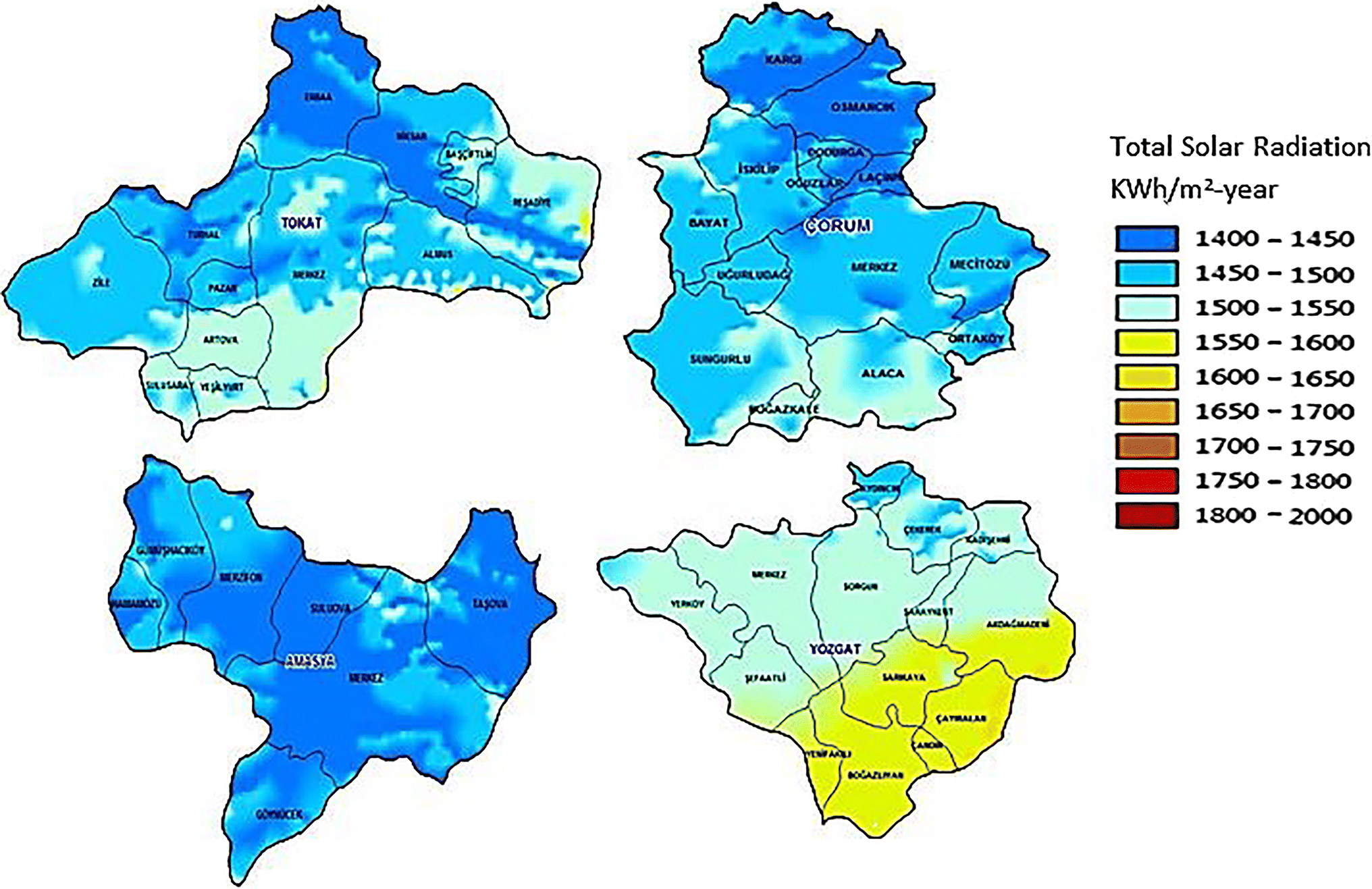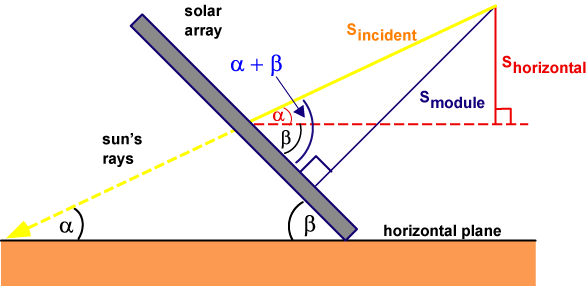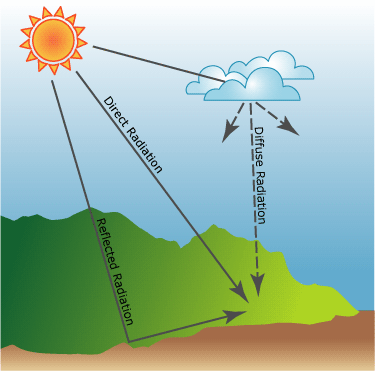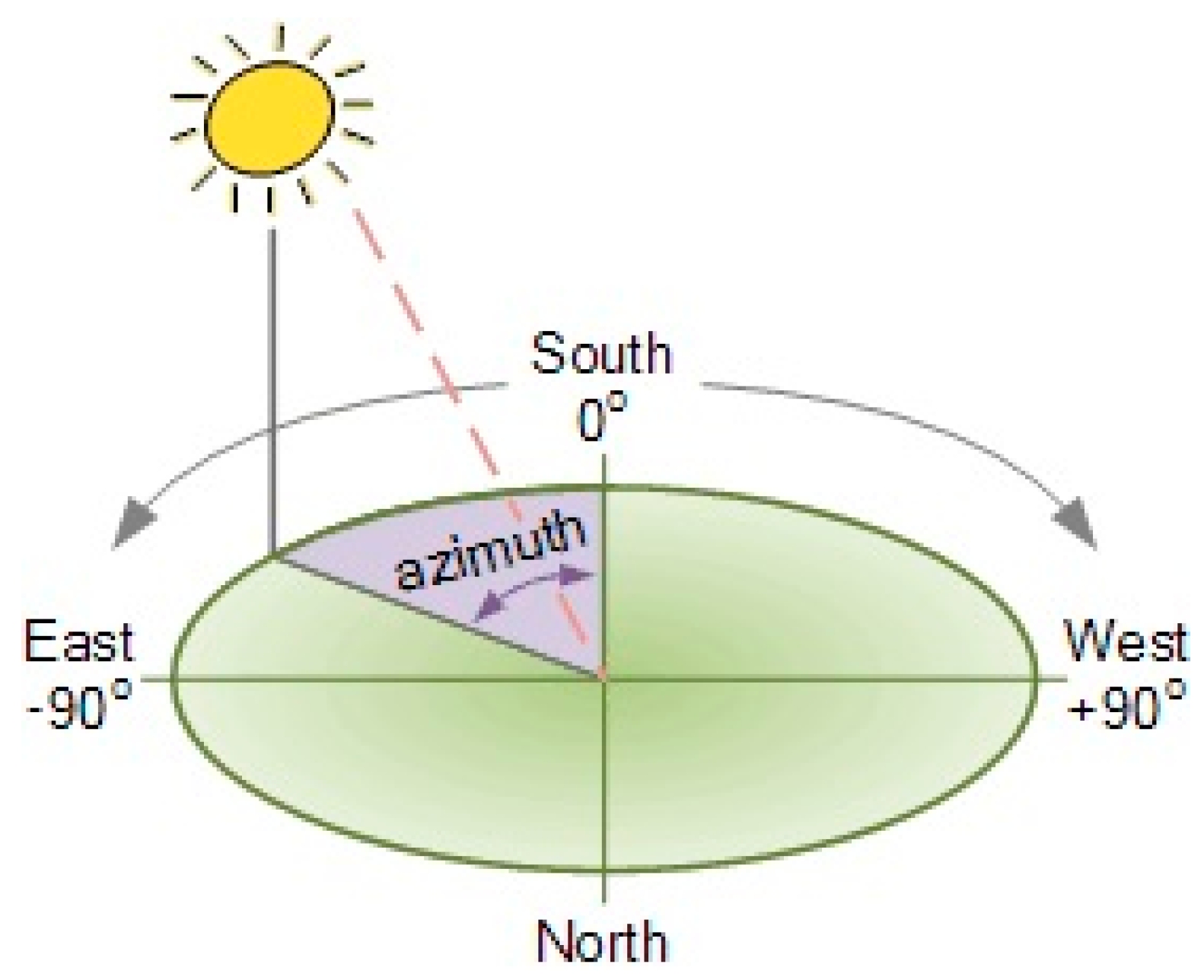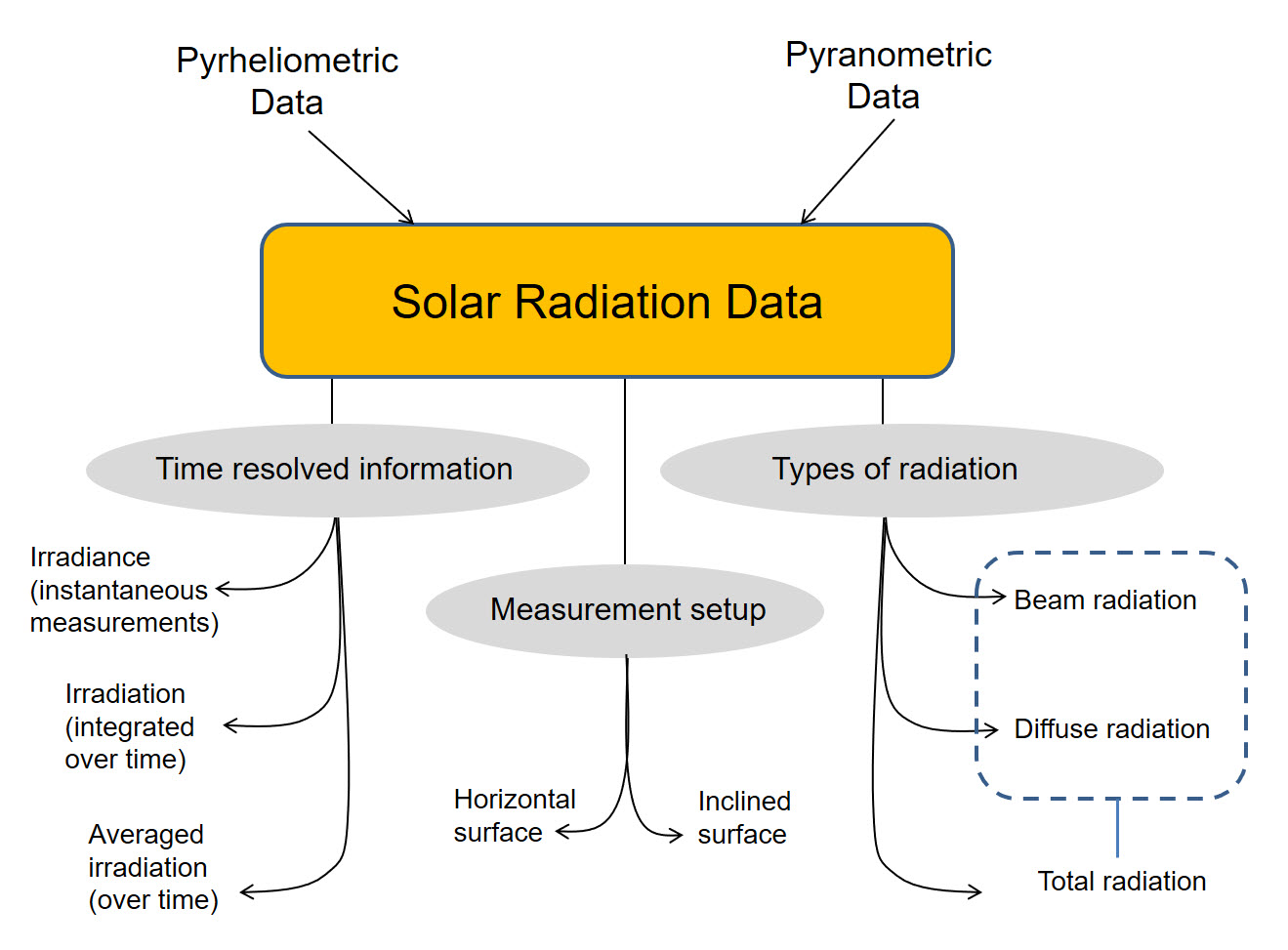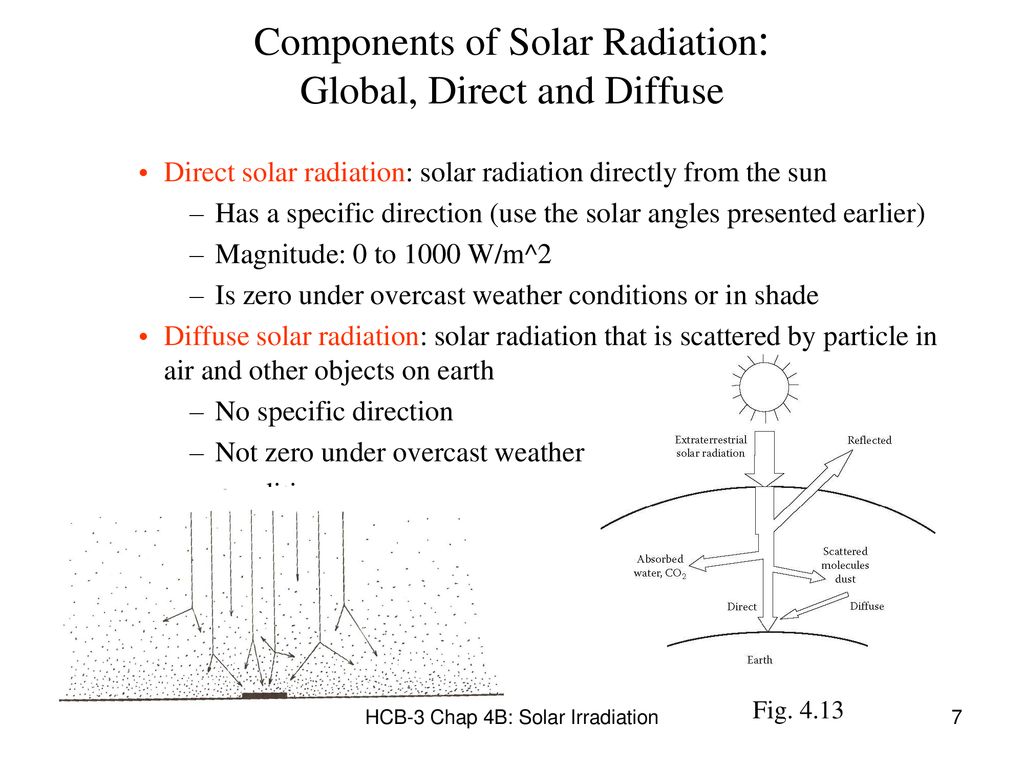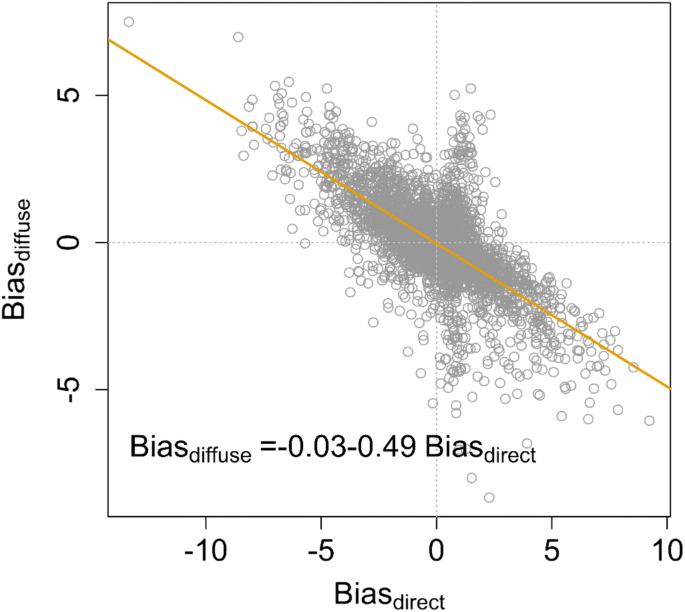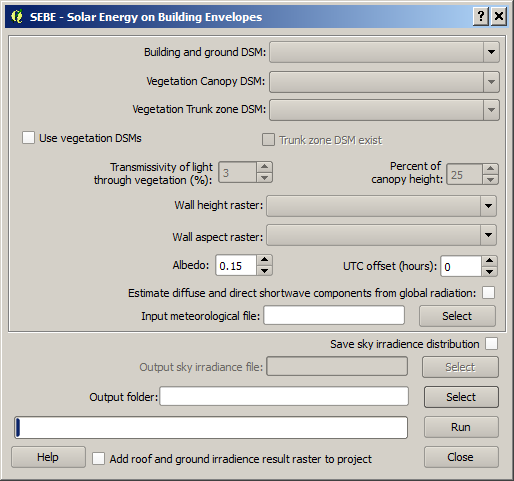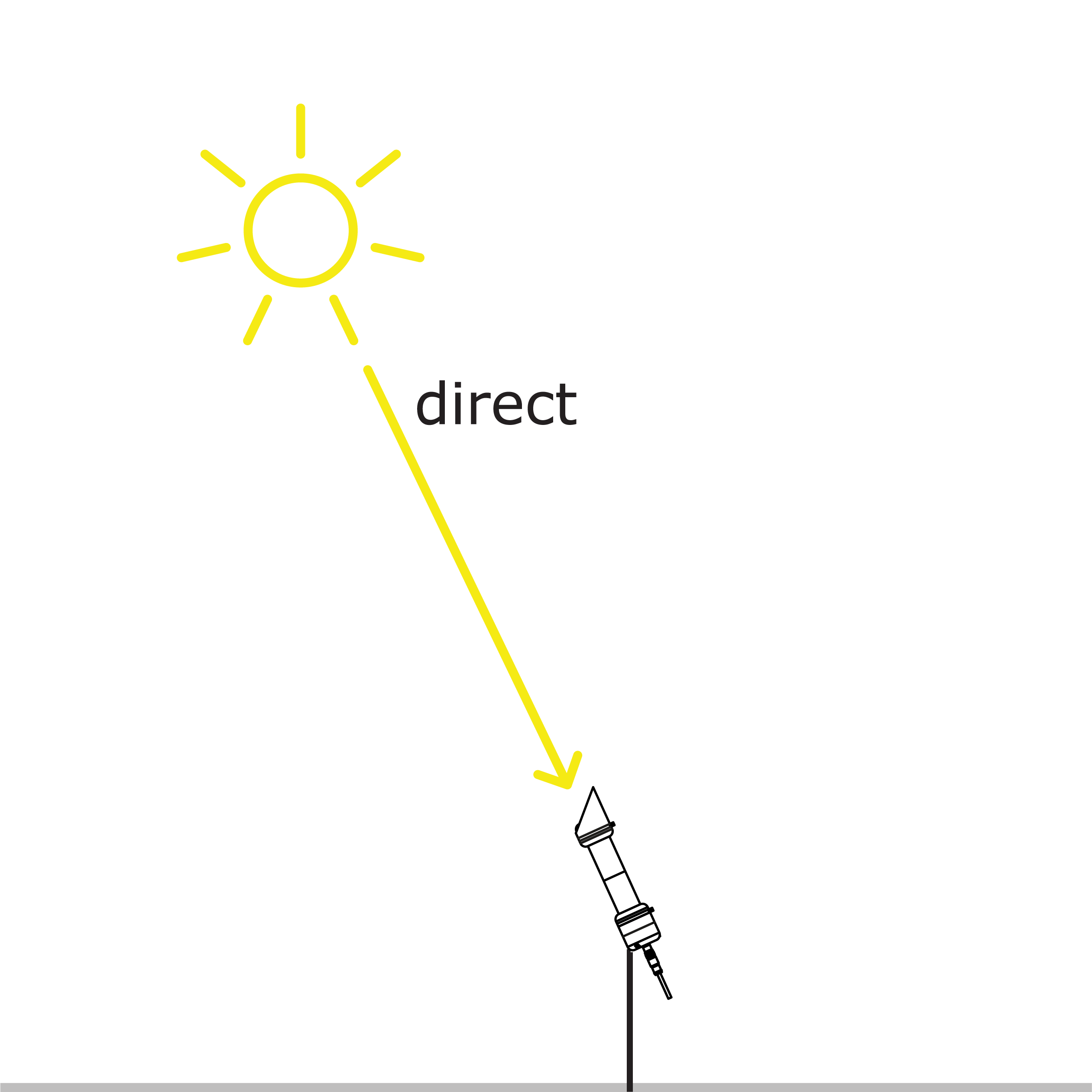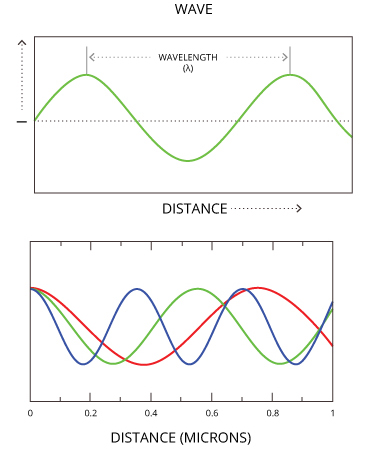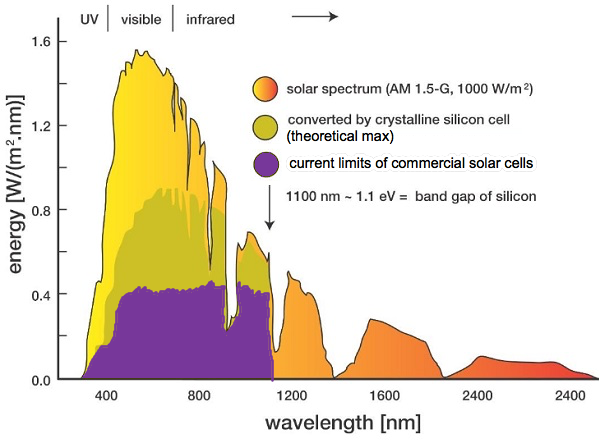In a follow up paper we will use the climatology of direct and diffuse radiation and moisture variables analyzed in this study to calculate the optimal configuration of solar panels in the us by region and to study the effects of larger scale climate signals upon the harvesting strategy in different regions.
Calculate diffuse radiation on solar panel.
Models applicable to time integrals of an hour or less these focus on estimating the diffuse irradiance from the portion of the sky seen by the inclined surface.
Direct radiation and diffuse radiation.
The left panel a c is extracted from the surface solar radiation downwards data in era5 land.
Hay and mckay 1985 identified four categories of models used to calculate the solar irradiances for inclined surfaces.
Second we talk about what conditions increase the percentage of diffuse radiation in the sky and also about which places tend to have the most direct radiation and.
On this page we first explain the difference between the two main components of the light in the sky.
Each component is affected by several factors such as the angle of incidence for the direct insolation sky conditions e g clouds etc for the diffuse radiation and reflectance of the surface for the reflected radiation.
This is the heat flux only due to solar radiation the total.
Depends on what panel you want to use.
An isotropic component that comes from all parts of the sky equally a circumsolar component that emanates from the direction of the sun and a horizon.
Solar irradiance is the power per unit area received from the sun in the form of electromagnetic radiation as reported in the wavelength range of the measuring instrument.
Diffuse irradiation total.
To calculate the global radiation striking the tilted surface of the pv array homer uses the hdkr model which assumes that there are three components to the diffuse solar radiation.
Improved shade analysis powered by google sunroof data all estimates consider the shading and irradiance levels of every roof plane with the panel placement optimized for the most.
Basically you take your solar radiation data w m2 per unit of time.
Using our tool we factor in.
Direct diffuse and reflected radiation.
Solar irradiation reaches the earth in three different ways.
This means that if a site gets 1000w m2 of irradiation the energy falling onto that.
